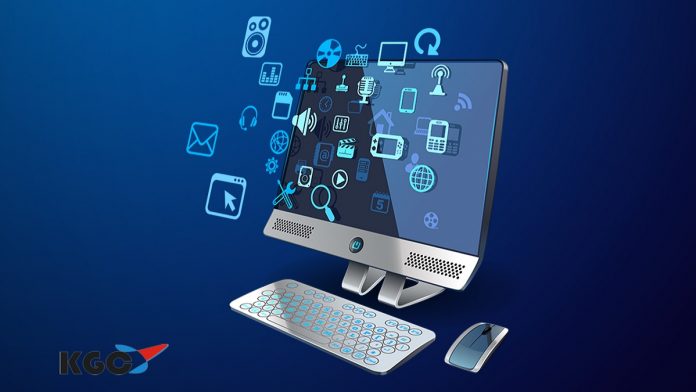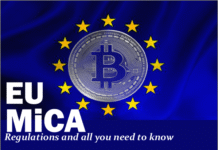Nigeria was placed 16th out of 46 African countries in terms of Internet speed, with Morocco, South Africa, and Tunisia having the fastest mobile download speeds.
In its Africa’s Mobile Network Champions report for 2021, which was issued over the weekend, crowdsourcing business SpeedChecker evaluated countries and mobile carriers in two categories: fastest mobile network champion and best mobile coverage champion.
The data for the poll was collected from end user devices running Android and iOS platforms between January 2021 and January 2022, according to the company. Over 704 million coverage samples and 3.4 million speed test samples were collected by SpeedChecker across Africa.
While Nigeria landed in 16th place with an average download speed of 11.55 megabits per second, with Airtel emerging as the quickest network, Maroc Telecom in Morocco came out on top with an average country download speed of 23.57 megabits per second. MTN in South Africa came in second with an average of 19.20 Mbit/s. Tunisie Telecom, a Tunisian operator, came in third with 18.19 Mbit/s.
Central African Republic was the slowest country in 46th place, with an average country download speed of just 3.97 Mbit/s, followed by Mauritania at 4.23 Mbit/s and Libya at 4.28 Mbit/s.
Orange was the fastest operator in three of the top ten nations, according to SpeedChecker: Mali (4th), Botswana (6th), and Liberia (9th), and was the quickest overall in eight of the 46 countries tested. In four countries, MTN was the fastest, while Airtel was the fastest in three.
Nigeria was ranked 12th in terms of mobile coverage, with MTN leading the way. Mauritius, Comoros, and Seychelles were placed first, second, and third, respectively, in the survey. Mauritius Telecom, Comores Telecom, and Airtel in Seychelles were the mobile network champions in these countries for coverage. Vodafone Egypt and Vodacom South Africa tied for fourth place in terms of coverage.
Meanwhile, the Nigerian Communication Commission (NCC) has stated that the National Emergency Number, 112, which it established and oversees, is the most critical infrastructure required for the successful implementation of the Federal Ministry of Health’s recently launched National Emergency Medical Service and Ambulance Systems (NEMSAS).
The Office of the Minister of Health formed NEMSAS as a program implementation unit. The project’s goal is to provide an ICT-enabled emergency medical service that is effective, efficient, and fast, and that works in collaboration with private health-care providers.
The program, according to a statement released over the weekend, would coordinate the nationwide deployment of EMS by combining fragmented Emergency Medical Services (EMS) resources available in Nigeria, allowing services to be supplied through relationships with other entities and organizations.
According to the commission, NEMSAS will rely on a variety of organizational partners to carry out its EMS service delivery duties, with the emergency number serving as the project’s communication hub.
Prof. Umar Garba Danbatta, Executive Vice Chairman of NCC, said the commission was delighted to provide the technology platform that will link NEMSAS partners with those who require emergency health services, speaking at the public signing of a Memorandum of Understanding (MoU) on the NEMSAS project between the Federal Ministry of Health, other relevant agencies, and development partners at the Shehu Umar Musa Yar’Adua Centre in Abuja.
“As the national telecoms regulator, NCC is providing the communication ingredient for the initiative through its emergency number, thereby allowing those in health-related emergencies to be able to reach out to stakeholders involved in the NEMSAS project,” Danbatta, who was represented at the forum by Dr. Ikechukwu Adinde, Director, Public Affairs, NCC, said.
He added: “The NCC has been at the forefront of deploying ICT to drive the implementation of various government projects and initiatives. The number is at the heart of this initiative to provide a national number to Nigerians who are in need of health-related emergencies to be able to call Emergency Response Agencies (ERAs) or organisations in life-threatening situations.”
According to The Guardian




















